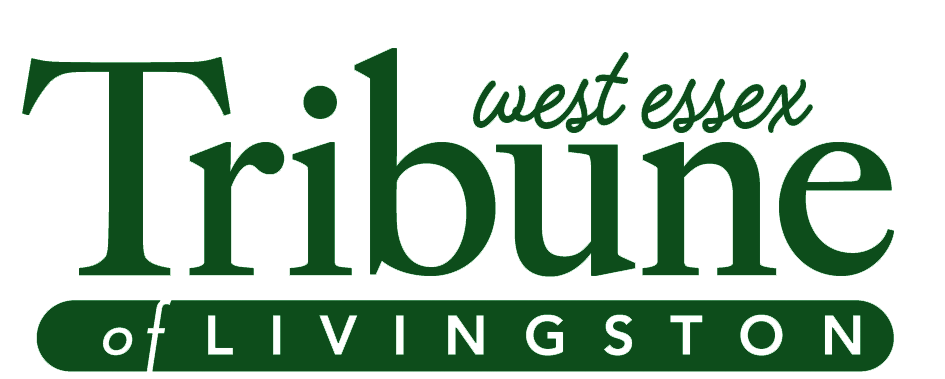Members of the Livingston Board of Education (BOE) received their annual school ethics training during the Board’s Tuesday evening meeting. School law attorney Frances Febres conducted the training with a presentation deconstructing the New Jersey School Ethics Act and reviewing case law.
The Act, as interpreted by the School Ethics Commission, ensures Board members avoid any misconduct that would violate their public trust. It also outlines which acts are specifically prohibited and, in turn, would prompt conflicts of interest.
Febres emphasized the importance of distinguishing the role and expectations of different school actors within a public education system. This includes those to whom parents and students initially direct their concerns.
“Keep up public faith and confidence in our school board, our school system, our ability to run properly,” Febres said. “Support andprotect our school personnel, make sure that we are governing and acting within our respective role and not entering that of another.”
Among many standard practices of ethics as set forth in N.J.S.A. 18A: 1224, et seq., school board members are expected to “refer all complaints to the chief administrator officer” for a proper investigation followed by a subsequent report to the Board of Education. This administrator may be the district’s superintendent, human resources official, principal or assistant principal.
“As a collective, you come forward with your next steps,” Febres said, referring to one of the larger, collaborative-focused frameworks of the act.
Some Board members raised concerns about their role in responding to messages and complaints they receive online. Member Seth Cohen explained that he will sometimes receive “detailed” F acebookmessages about students from a parent.
“My discomfort is I’m left on Facebook with now all of this personal information, which I would not normally have access to, and quite frankly, don’t want to have access to,” Cohen said. “When I get a reach-out, that’s the tool and level of detail that can be received.”
Board president Vineeta Khanna noted that some closed Facebook groups will tag or indirectly mention Board members in posts or discussion threads to ask a question, but in following legal guidance to dismiss these notifications, a “dilemma” arises.
“If I’m not responding, it doesn’t mean that I am not listening to the community member,” Khanna said. “The community has to understand that this is a binding that I have to adhere to and respect.”
Febres advised Board members to restrict their online setting and set disclaimers on their personal social media accounts stating they will not respond to school-related matters on non-school platforms. E-mails sent to Board members may be forwarded to the district’s superintendent or other relevant school actor who will then be responsible for communicating with the sender.


